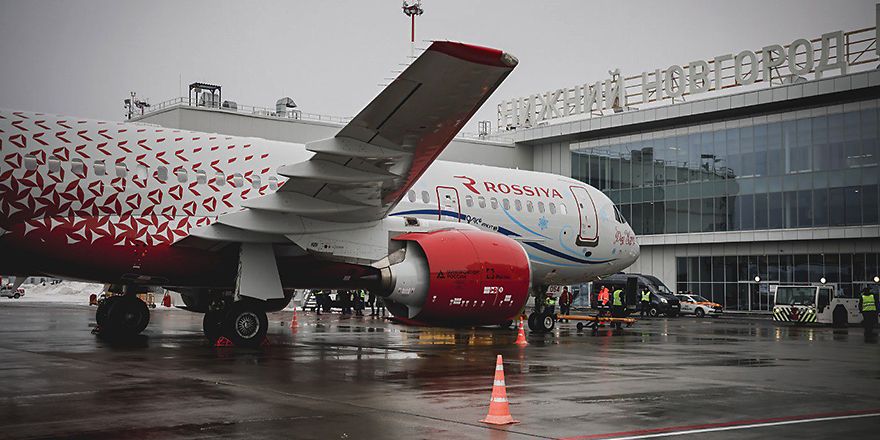Rossiya Airlines has completed the test operation of the paperless version of the flight assignment for aircraft crews and switched to an electronic form of the document, the carrier’s press service said.
The electronic flight task is being introduced as part of the automation of the airline’s production activities and comprehensive optimization of work with flight documentation. The use of paperless version has become possible due to the improvement of normative documents containing requirements for the flight task. The paperwork is executed in the production system Rossiya Airlines developed by RIVC-Pulkovo.
The document is available for use in a portable Electronic Flight Bag (EFB). The iFlightDoc application enters data on pre-flight medical exams for crew members and flights performed. The implementation of EFB is a complex, multi-vector process requiring coordinated efforts of many airline departments.
EFB is an effective means of information support for flight crew members. The term EFB encompasses both hardware integrated to a greater or lesser degree with the aircraft systems, as well as a software package allowing the implementation of specified functions. The device provides quick access to the full list of necessary documents. The library contains over seven thousand materials, including air navigation information, meteorological data, flight and technical documentation.
In 2014, Rossiya Airlines became the first domestic carrier to introduce EFB second class based on the iPad electronic tablet. The project to replace paper flight documents with electronic ones was implemented on all foreign-made aircraft operated by the company. After successfully passing the test period and obtaining official approval of the Russian aviation authorities, records on EFB class 2 were added to the Airbus A319, Airbus A320 and Boeing 767 operational specifications.
Andrey Ordinov, Director of Operations Management Department of Rossiya Airlines commented then on the transition to EFB: “By getting rid of the heavy and bulky paper documents we left behind the labor-intensive processes of maintaining the integrity and relevance of aeronautical information, we have moved to a new, higher quality level of security and flight operations. This is a big step forward in the development of the most advanced technologies, and we are pleased to be the first company in Russia to develop the structure and technology of electronic document management, to test and successfully implement a second class EFB on the iPad”.
Sanctions that have been imposed on Russian civil aviation are forcing domestic airlines to reject foreign software and switch to Russian solutions, which will positively affect both software companies developing software for the aviation industry and the civil aviation of the country as a whole in the future.







